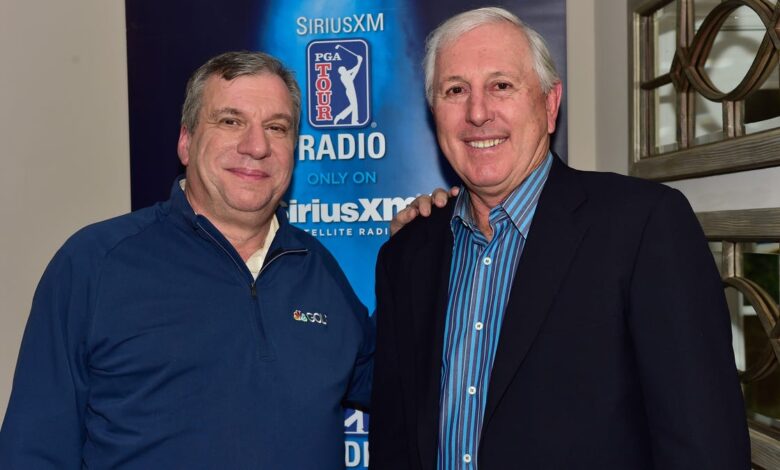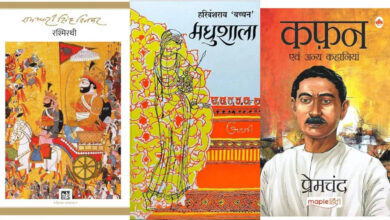John Feinstein dies; wrote numerous golf books

John Feinstein was as prolific a writer as the American sports landscape has seen in the last half-century. He wrote dozens of popular books, and had a pair of them top the New York Times bestseller’s list.
But while Feinstein had an affinity for tennis, basketball, baseball and football, his love for the game of golf shined through in some of his best work, including “A Good Walk Spoiled: Days And Nights on the PGA Tour” and “Caddy For Life: The Bruce Edwards Story.”
Feinstein, who worked for the Washington Post, Sporting News and as a contributor at Golf Digest, died on Thursday.
A New York City native, Feinstein was a fixture on television and radio for decades, but he was primarily known for in-depth print work that demanded intense reporting.
“My biggest problem as a writer has always been to figure out what to leave out. And that’s always good, because when I’m writing, if I’m hitting the word count every 15 minutes, I haven’t done my reporting,” Feinstein told Golfweek’s Steve DiMeglio in 2017 after completing “The First Major: The Inside Story of the 2016 Ryder Cup.”
“If I’m writing and I look and see I’ve written 2,000 words in the last hour, then I’ve done my job.”
According to an obituary in the Washington Post, the death was confirmed by his brother, Robert, although the cause was not known.
Here’s more from the Post obituary:
Mr. Feinstein, who joined The Post in 1977 as a night police reporter, soon distinguished himself on the sports beat. He covered a wide range of sports and developed a talent for deep sourcing that fed personality-driven and dramatic narratives about athletes, coaches and management. He also became a frequent commentator on NPR, ESPN and the Golf Channel, and had radio programs on Sirius XM.He wrote books about baseball, football, tennis, golf and the Olympics, as well as novels for young readers, but he was perhaps best known for his coverage of college basketball. Known for an indefatigable work ethic, Mr. Feinstein filed a column for The Post a day before his death on Michigan State men’s basketball coach Tom Izzo.
In 1985, Mr. Feinstein took a leave of absence from The Post to follow the Indiana Hoosiers and their coach, Knight, for the season. Knight, who had already won the first two of his three national championships, was at the height of his career and was acclaimed as one of the foremost coaches of the era.
When “A Season on the Brink” appeared in 1986, it was immediately recognized as a breakthrough in sports writing. Instead of deifying a successful coach, Mr. Feinstein portrayed Knight in all his complexities, which combined a sensitivity toward his players with a volatile, uncontrollable temper often marked by obscenity-laden tirades.


